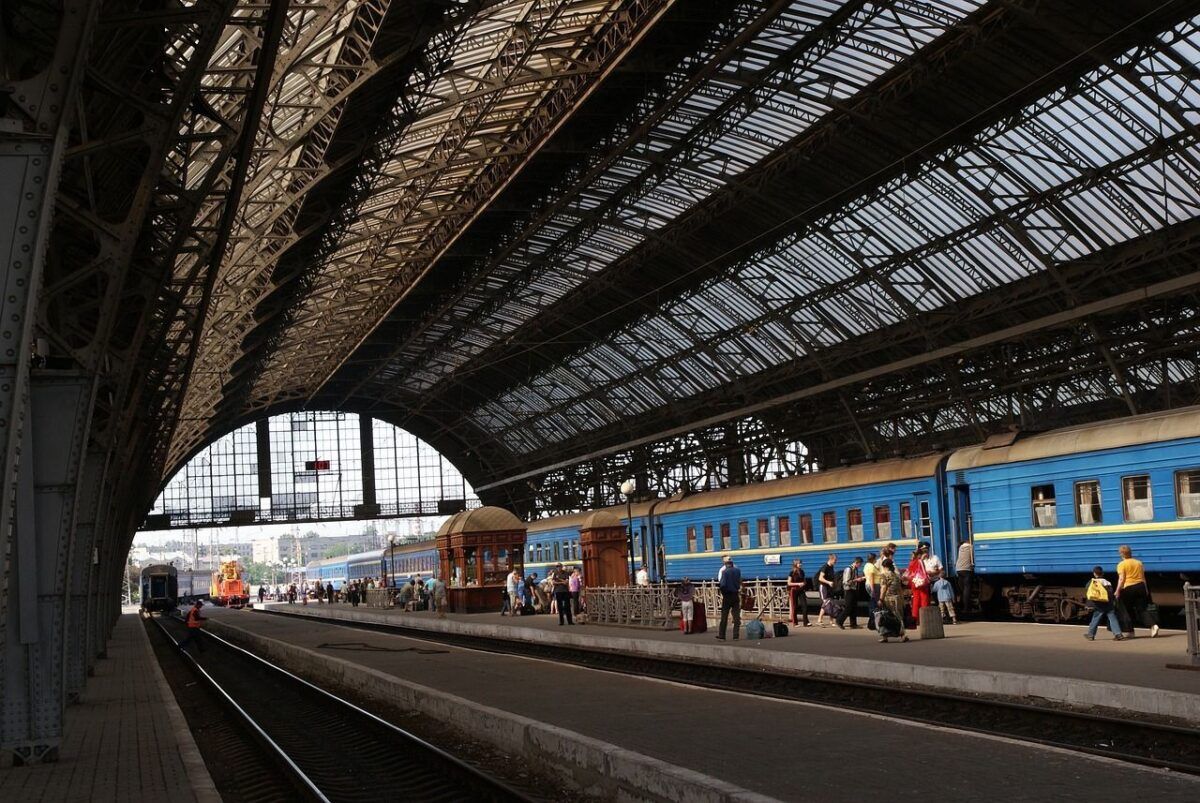In an effort to strengthen travel and tourism between Poland, Ukraine, Romania, and Moldova, a recent study published by the European Commission and the European Investment Bank (EIB) has proposed the deployment of the European track gauge on lines connecting Lviv and Chișinău. This strategic move aims to enhance cross-border connections and boost economic integration in the region.
Since Russia’s invasion of Ukraine, land transport links between Ukraine and the European Union (EU) have become vital for the country’s imports and exports. To further strengthen these connections, the EU-Ukraine Solidarity Lanes were established, and the study published as part of the Solidarity Lanes action plan examines the remaining barriers to smoother transportation. One significant obstacle identified is the difference in rail gauge used between most of the EU and Eastern Europe.
To address this challenge, the Connecting Europe Facility II recently selected nine projects for funding aimed at improving crossing points. Additionally, the European Commission has proposed extending the Trans European Network–Transport to Ukraine and Moldova, demonstrating a commitment to enhancing travel infrastructure in the region.
European Commissioner for Transport Adina Vălean highlighted the importance of building the first EU rail gauge in Ukraine and Moldova, linking their railway networks with Poland and Romania. This development would bring these countries closer to the EU single market and support Ukraine in its post-war trade and reconstruction efforts. Furthermore, ensuring interoperability from Poland through Ukraine, Moldova, and Romania would result in a smoother and more efficient travel experience for citizens.
The EIB Vice-President Teresa Czerwińska, responsible for the bank’s operations in Ukraine and Moldova, emphasized that extending the standard gauge of the European railway network to these countries would facilitate the movement of goods and services, ultimately helping them integrate more quickly into the EU market. This infrastructure development also plays a vital role in accelerating Ukraine’s post-war recovery and fostering economic growth in the region, providing steadfast support on their paths to EU integration.
Based on factors such as likely costs, expected demand, and line capacity, the study recommends initiating a European track gauge connection from Kraków/Katowice (Poland) to Lviv (Ukraine) and from Iași (Romania) to Chișinău (Moldova) as an initial step. The study also explores possibilities for further extensions. Importantly, it assesses how the new standard gauge lines in Ukraine and Moldova will integrate with the existing network, which will continue to employ the broad gauge.
The study was conducted by the EIB’s technical advisory service, JASPERS, in close cooperation with all the countries involved. This collaborative effort highlights the commitment to fostering improved travel and tourism between Poland, Ukraine, Romania, and Moldova, enhancing regional connectivity, and facilitating economic growth and EU integration. By establishing a standardized rail network, the project aims to create a seamless and efficient travel experience, further promoting cultural exchange and economic cooperation in the region.









